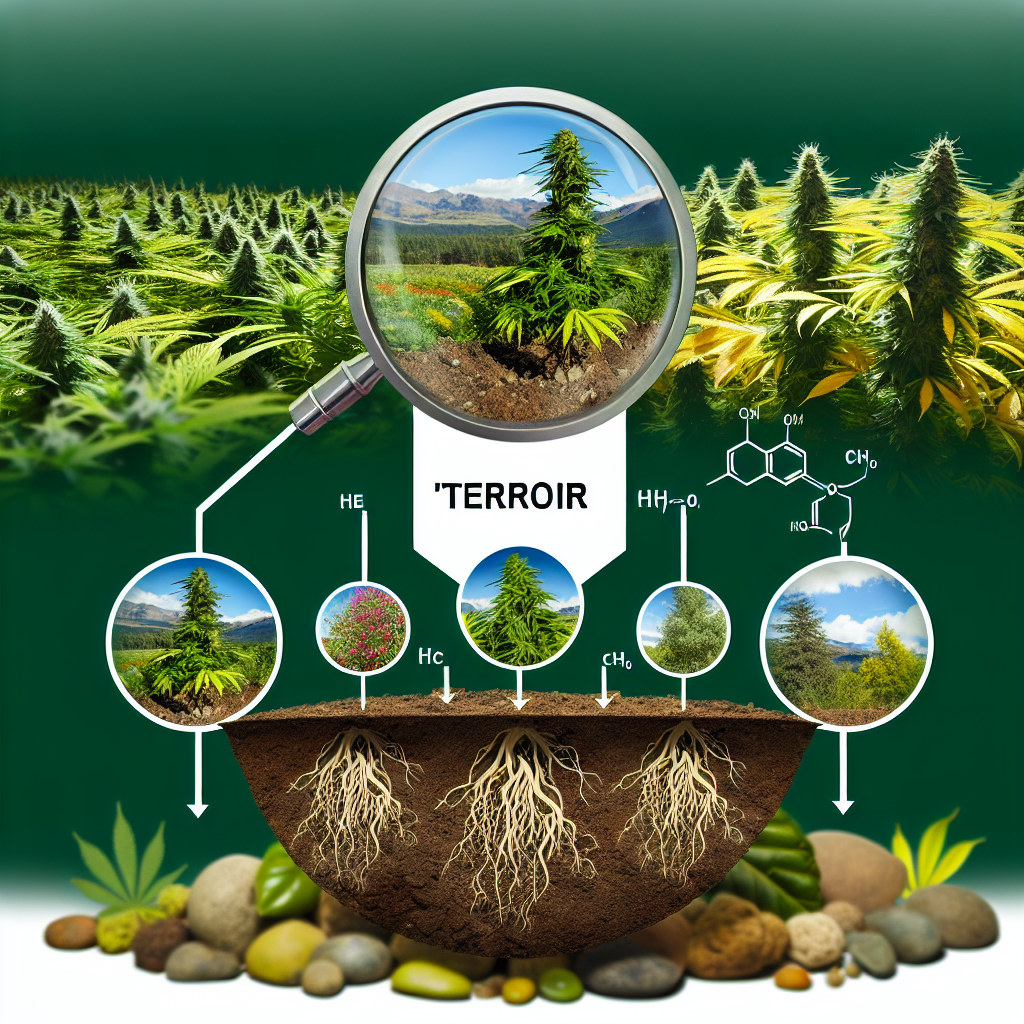Understanding Sleep Disorders and Cannabis Alternatives
Millions of individuals struggle with sleep disorders, ranging from insomnia to disrupted circadian rhythms. Sleep deprivation impacts physical and mental well-being, weakens immune function, hinders cognitive performance, and increases the risk of chronic diseases. For many, traditional sleep aids like prescription medications or over-the-counter remedies provide temporary relief but come with side effects such as dependency or next-day grogginess. As a result, cannabis edibles have gained traction as a natural alternative for those seeking long-lasting, restorative sleep.
The Endocannabinoid System’s Role in Sleep Regulation
Cannabis edibles interact with the endocannabinoid system (ECS), a key regulator of sleep-wake cycles. This system works to maintain homeostasis in the body by influencing processes like mood, stress, and sleep. Cannabinoids interact with CB1 receptors in the brain, which are located in the brain and central nervous system. These interactions help modulate neurotransmitters like gamma-aminobutyric acid (GABA), responsible for calming the nervous system, and serotonin, which regulates mood and relaxation.
The Unique Benefits of Cannabis Edibles for Sleep
What makes edibles particularly effective for sleep enhancement is their pharmacokinetic profile. Unlike inhalation methods, which produce immediate but short-lived effects, edibles are metabolized slowly in the liver. This results in the formation of 11-hydroxy-THC, a potent metabolite that provides extended effects lasting 6–8 hours—ideal for maintaining uninterrupted sleep. By understanding these mechanisms, as well as preparation techniques to improve bioavailability, users can optimize the therapeutic benefits of cannabis edibles for sleep disorders.
Introduction to Cannabis Edibles and Sleep Science
This article explores the science behind how cannabis edibles work to enhance sleep quality, backed by research on their bioavailability, dosing strategies, and clinical efficacy. With the right guidance, edibles can provide a safe, effective solution for achieving restful and rejuvenating sleep.
Scientific Evidence Supporting Cannabis and Sleep
Cannabis edibles provide a unique combination of benefits for sleep enhancement due to their interaction with the ECS. Once ingested, cannabinoids are absorbed through the digestive system and metabolized in the liver, where THC is converted into 11-hydroxy-THC. This metabolite is significantly more potent and long-lasting than inhaled THC, making it highly effective for sustaining deep and restorative sleep. Scientific studies reinforce the role of the ECS in regulating sleep. Research published in Sleep Medicine Reviews highlights CB1 receptor activation benefits. These findings suggest that edibles could be a valuable tool for those who struggle with falling or staying asleep.
Optimizing Bioavailability and Formulation
Optimization of bioavailability is critical for achieving these benefits. A study in Pharmaceutical Research emphasized lipid-based carriers for cannabinoid absorption. Advances in formulation techniques, such as emulsification and microencapsulation, have further enhanced the consistency and effectiveness of edibles, ensuring patients receive predictable results with every dose. In addition to cannabinoids, terpenes like myrcene and linalool contribute to the sedative effects of full-spectrum edibles. Myrcene is particularly noted for its muscle-relaxing properties, while linalool’s calming effects can reduce anxiety—a frequent cause of insomnia. This synergistic “entourage effect” amplifies the therapeutic potential of cannabis edibles for sleep.
Practical Dosing Guidelines
Dosing is another critical consideration. Experts recommend starting with low doses of 5-10 mg before bedtime. Consuming edibles with a balanced meal can also enhance their absorption and prolong their effects, ensuring users experience a full night of restful sleep.
Final Thoughts on Cannabis Edibles for Sleep
Cannabis edibles present a promising alternative for individuals seeking effective and natural solutions to sleep disorders. By understanding the pharmacokinetics of edibles and incorporating preparation techniques that optimize bioavailability, users can achieve consistent and restorative sleep. Foundational research supports cannabinoids and terpenes for addressing sleep challenges. As more individuals turn to cannabis for sleep support, these findings provide valuable insights into its potential as a sustainable and health-conscious option for better rest and overall well-being.




